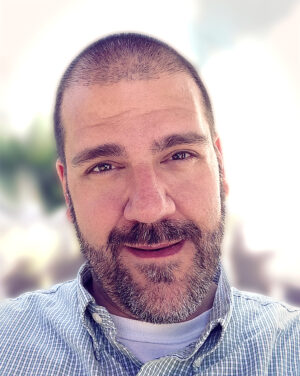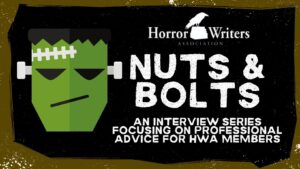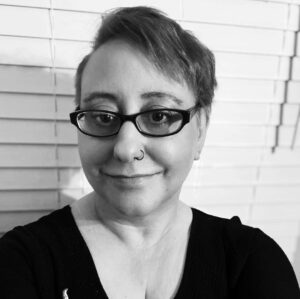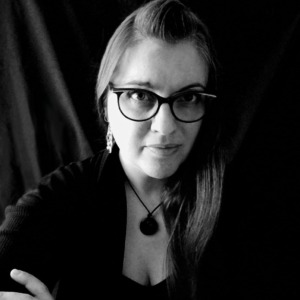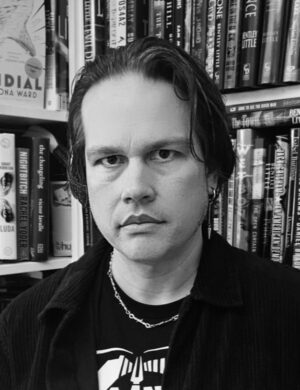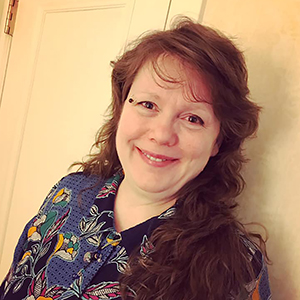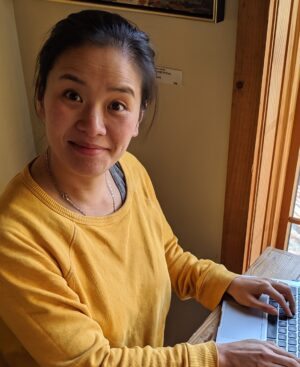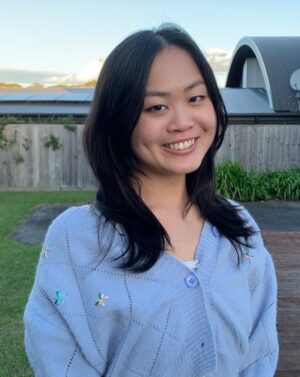A Point of Pride 2024: An Interview with John Linwood Grant
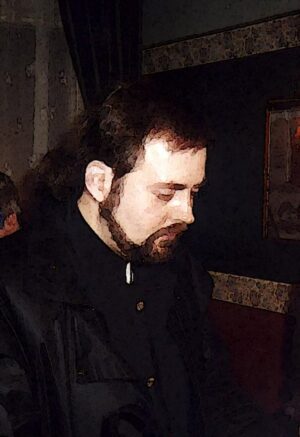
What inspired you to start writing?
I’ve always written, mostly for my own amusement, since I was a small child. To me, it was something you just ‘did’ - invented stories and fancies – and I sometimes found it odd that others didn’t. My own breakthrough moment was when I stopped drafting endless convoluted novels and went directly into writing short stories, novelettes, and novellas, most of which sold immediately. So I kept doing that.




